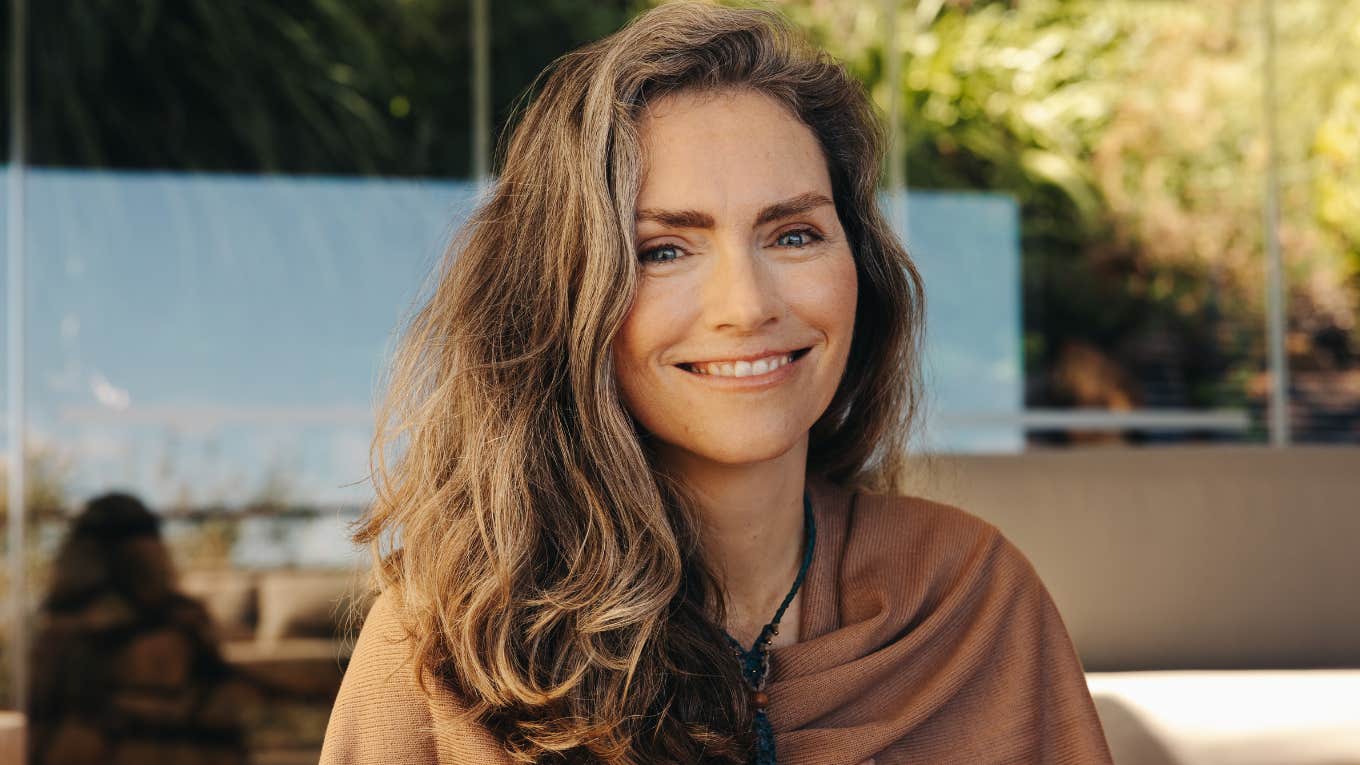9 Underappreciated Cheat Codes That Make Life So Much Simpler
Changing your life doesn’t need to be an all-encompassing, years-long, overwhelming commitment.
 Jacob Lund | Shutterstock
Jacob Lund | Shutterstock Falling into old habits, rekindling unhealthy connections, and generally sabotaging our own life experiences is something most people experience in at least one stage of their lives.
Without a purpose or direction, they’re stuck reliving the same toxic habits, making their lives more complicated than they need to be. However, changing your life or mindset doesn’t necessarily need to be a huge deal — it can be a few simple commitments that you devote yourself to.
For example, people on Reddit suggested there are even “cheat codes” to simplify your life — from the foods you should eat to the people you need to surround yourself with to a host of healthy habits that are greatly overlooked despite their power.
Here are 9 underappreciated ‘cheat codes’ that make life so much simpler:
1. Listening to understand, not to reply
The art of active listening is preached to us in every area of our lives but that doesn't mean any of us are actually good at it.
A Preply survey actually found that Americans are becoming less effective communicators with each generation struggling more than the last. In fact, interrupting seems to be the biggest roadblock to communication, which means ... we're not very good listeners.
 jfmdesign | Canva Pro
jfmdesign | Canva Pro
Connection is centered around understanding others, and that's based on listening, so learning to do it effectively is essential in relationship building.
2. Learning to say no without guilt
So many of us agree to plans that we’re not looking forward to, or that aren’t going to serve our goals. From going out on the town, knowing you have an early alarm, or even seeing a movie with your last $15, it’s self-sabotage.
You’re setting yourself up for exhaustion, stress, or overstimulation by saying “yes” when your body and mind are telling you what you need. Listen to yourself, trust yourself, and give yourself the space and security to let friendships thrive, even when you’re not physically present.
3. Get enough sleep
Millions of people struggle with insomnia and sleeping problems across the country, but the majority of the sleep-deprived are making their nighttime routines complicated and insufficient, sometimes without even realizing it.
Who isn't guilty of social media “doom scrolling” first thing in the morning or right before bed?
Most adults don't get anywhere near the 8 to 9 hours of sleep recommended for optimal health.
Proper sleep is linked to everything from optimal brain function to improved cardiovascular health. Basically, if you get good sleep, everything else should fall into place.
4. Showering to cleanse your mind, not just your body
While many of us take showers or baths to cleanse our bodies, they can also be a useful activity for cleansing our minds — rinsing away the stress from our days, with an intentional purpose.
A 2018 study found that regularly bathing for the sheer pleasure of it lowers stress, increases energy levels, and generally improves mood.
5. Drink water
A Civic Science poll from 2023 found that nearly 50% of people aren’t drinking enough water, leading to dehydration that subtly affects their mood, overall health, and cognition.
If you’re struggling with acne, unstable eating habits, a poor sleep schedule, or general unease or fatigue throughout the day, don’t underestimate the power of water.
 Dragana Gordic | Shutterstock.com
Dragana Gordic | Shutterstock.com
Even if you prioritize the habit by using flavor packets or drinking tea, find ways to instill it into your routine. While it might feel like a “mom-kind-of-answer” to your hard-hitting issues at work or at home, the truth is dehydration throws us all off from time to time.
6. Find enjoyable ways to move your body
While many fitness influencers and exercise advocates promote weight lifting, going to the gym, or running as a healthy part of your daily routine, moving your body doesn't have to be that structured.
Going for a walk, choosing the stairs over the elevator, or stretching in the morning can all be healthy habits to get you moving and equally effective in helping your physical and mental health.
If you’re grappling with overwhelming stress, anxiety, or even depressive episodes, find ways to get outside or get your heart rate up.
7. Learn something new
If you have Duolingo on your phone or a book waiting to be picked up, you’re already halfway to prioritizing education in your daily life.
Learning something new doesn’t have to be an overwhelming commitment, like a crash course in calculus or learning a dead language.
Start keeping a journal to learn something new about yourself. Watch a documentary or pick a New York Times article to read with your coffee. Try a pottery class or join a local knitting group — trying new things is learning.
Getting out of your comfort zone is how you meet new people, build new goals, and truly make the most out of your life. Make space for excitement so that you can better appreciate the slow moments at home meant for winding down and relaxing.
8. Find ways to practice gratitude
Even if you’re feeling confident in your relationship or happy with your inner circle, there are ways to practice gratitude that can change your life. Whether it’s a gratitude journal or simply a moment of intention with your coffee in the morning, make space for staying present.
Gratitude keeps us present, happy, and excited about the future. It also helps our confidence, self-esteem, and mental fortitude, setting us up to be grounded as we navigate our lives.
9. Embrace unconditional kindness
Lastly, be nice to strangers. Find ways to surprise your partner and family. Make space to smile at people you don’t know, and give grace to friends who could be struggling to show up for you.
Not only does your kindness affect others, but it is also beneficial to you too. It improves self-esteem, mood, and confidence.
Life will always be a challenge, but if you commit to growth, these small cheat codes can make the days a bit simpler.
Zayda Slabbekoorn is a staff writer with a bachelor’s degree in social relations & policy and gender studies who focuses on psychology, relationships, self-help, and human interest stories.
